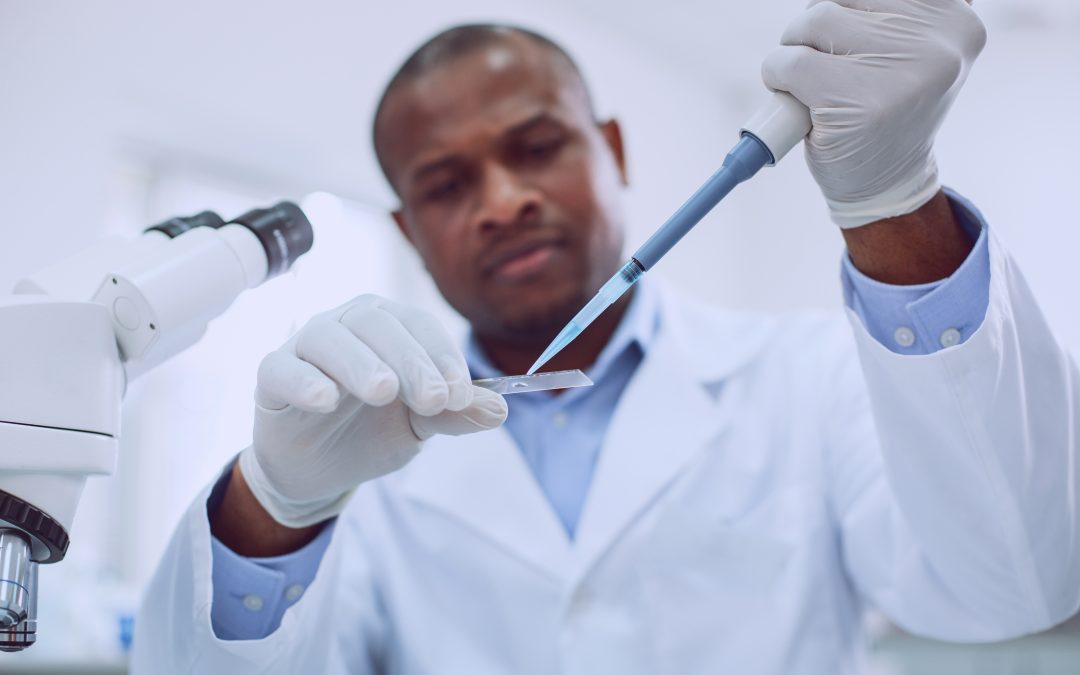Today, March 24, is World Tuberculosis Day (#EndTB) – a day to raise awareness of and step up efforts against the global TB pandemic. This World TB Day, we are in the grip of another global pandemic. Our greatest need? Affordable, fast and accurate diagnostics, vaccines and treatments – for TB, COVID-19, and other neglected infectious diseases.
TB is curable and preventable, yet 10 million fall ill from TB every year, and 1.5 million die. Moreover, antimicrobial resistance (AMR) is responsible for an estimated 700,000 deaths globally (33,000 in the EU), 29% of which are attributed to drug-resistant and multidrug-resistant TB. Years of under-investment have made TB and its drug-resistant forms a public health crisis, and the available tools to fight this lethal disease are inadequate.
Appropriate diagnostic tools for latent and active TB infection are missing, and existing treatment for TB, especially drug-resistant TB is long (up to 2 years) and ineffective. While diagnostics and treatments are crucial for disease control, eliminating this infectious killer will require an even more powerful public health tool: a vaccine. To date, there is only one licensed vaccine against TB, which is effective against severe forms of TB in infants but inadequate to prevent pulmonary TB in adults. A preventative TB vaccine is essential to curb the infection rate and reduce AMR. The World Health Organization (WHO) have outlined in their WHO End TB strategy, that a vaccine effective at preventing adult tuberculosis will be required to reach their targets of 95% reduction in TB mortality and 90% reduction in TB incidence, worldwide, by 2035.
Despite an increase in the number of candidate technologies to diagnose, treat and cure TB over the last decade, additional investment in R&I remains critical to advance the development of these tools and make them available to the people that need them most. A quarter of all TB deaths occur in Africa, and TB remains one of the main drivers of global inequality and is a major economic burden. Disinvesting in global health R&I costs human lives, health, and wellbeing, and in monetary terms due to healthcare expenditure and productivity losses. Acutely seen today amid the COVID-19 outbreak. Greater investment in research and innovation (R&I) is vital to break the trajectory of pandemics – both new and old. Albeit late, we have been able to rapidly coordinate and mobilise resources for COVID-19, but we have been slow in our response to an old disease that remains the world’s deadliest infectious disease.
TB and COVID-19 are both global challenges and require a concerted international response. Initiatives such as the proposed European Partnership for Innovative Health (IHI) must play a leading role in scaling up investments and promoting cooperation in TB R&I. This new partnership should build upon its predecessor (the Innovative Medicines Initiative) to accelerate the research and development of new and improved technologies against TB. The new partnership should also use its flexibility in decision-making to continue supporting urgent interventions against emerging and re-emerging diseases, as it did during the Ebola crisis. In order to ensure the most vulnerable have access to new tools, the partnership must also provide adequate mechanisms of transparency and accountability and put forward clear accessibility and affordability plans. Specific cooperation mechanisms with other critical partnerships, such as the EU-Africa global health partnership are also crucial.
The COVID-19 crisis has clearly shown that inaction is not an option. We need to invest more in global health R&I and the EU has the capacity and responsibility to lead and sustain this effort.
Now is the time to act. Now is the time to #EndTB.

